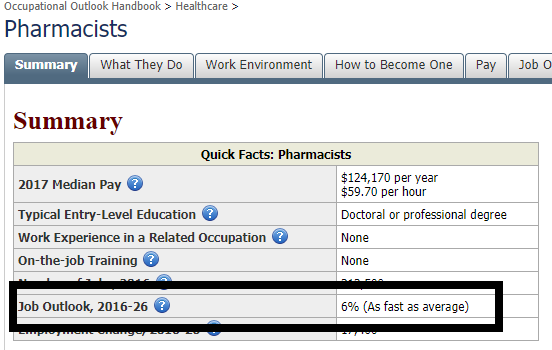Not quite easily. At a rate of $9.62/hour for 2080 hours, that's only 200% of the FPL for one, and how many techs do you know who do not have a dependent? That's because of EIC and other concessions given to low-income earners. This is actually the crux of the TANF problem for the actuaries, at what point are you going to actually work rather than just take a check? So, $20k is doable, but not very comfortable, and there's no safety net at that level. Part of the reason we all went to school is that living off of $20k is not a problem that you or I want to have. It's better to worry about personal cardiac arrest or professional manslaughter charges thatnstay poor. There's that problem, and what are you giving up for the remainder? Time becomes more and more of a precious commodity when you realize that you don't get any back.
I mean, we all had our salad (ramen) days, but in retrospect, did you really "save" all that much considering the grief you went through? And, what's the difference between $20k, $40k, $80k, $140k, and $220k marginally? The difference between $140k and $220k is obvious higher on numerical terms, but the purchasing power parity loss is nowhere as bad as the $20k to $40k scenario.
Say what you will about making the real money, we certainly make enough such that it's nice not to have to worry about it *necessarily* and only as an interest. As
@wagrxm2000 and the others comment, you do have choices to make that don't have to be extreme. It is a completely different life problem to be necessarily worried about money tradeoffs. It's important to realize what position you really are in, and that being desperate about the matter is something that work against you. Meet your obligations, but only sacrifice for those that you really want as a personal goal (e.g. There was no reason in my case to pay off the mortgage as inflation is greater than my 2.9% interest rate, but I paid it off mainly to say GTH to the bank). Hopefully, you'll have enough work and time to pay off your obligations before the sky falls down like this doom and gloom board keeps on predicting.

